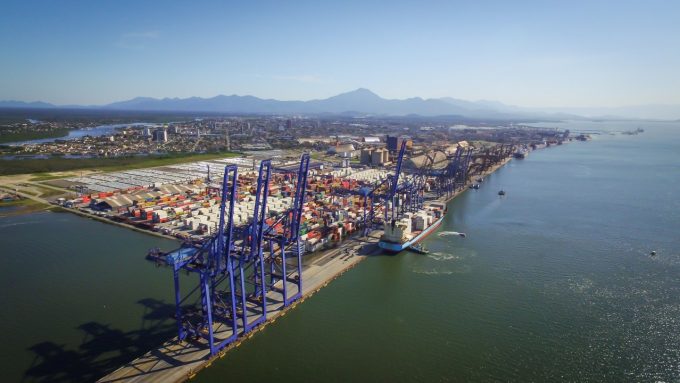DP World given competition clearance to press ahead with Silk Logistics takeover
DP World has been cleared to proceed with its US$115m acquisition of Australian container haulage ...

CMPort, the port-operating subsidiary of state-owned China Merchants Holdings has made its first investment in Latin America, announcing this morning that it is to buy a 90% stake in the Brazilian joint-venture that operates the container facilities in the port of Paranagua.
The shareholders of TCP ...

Comment on this article